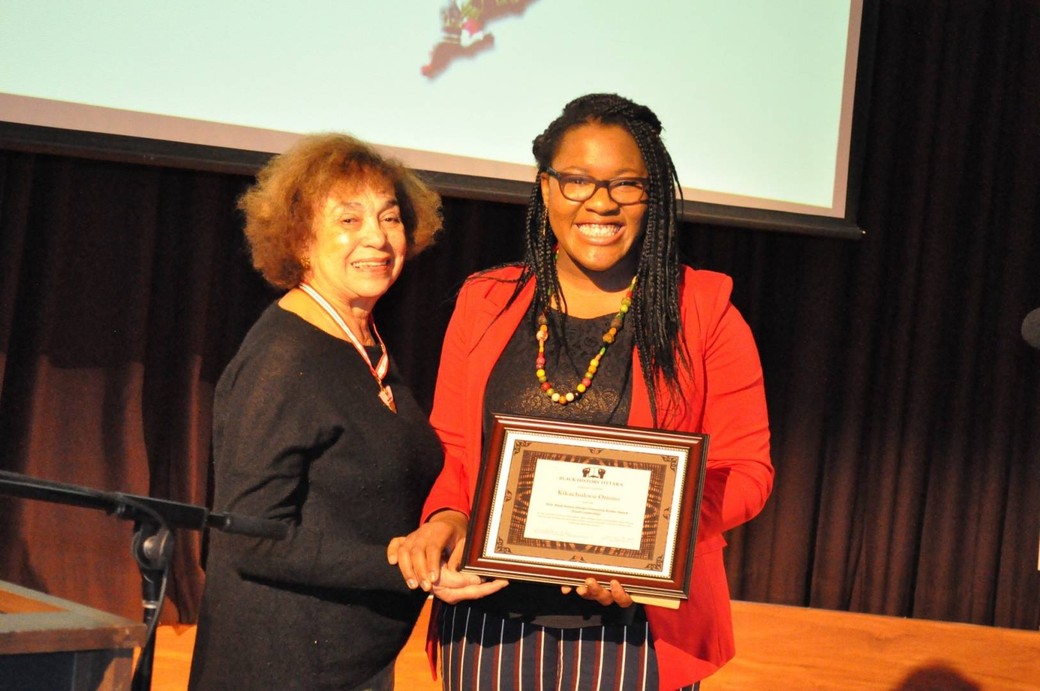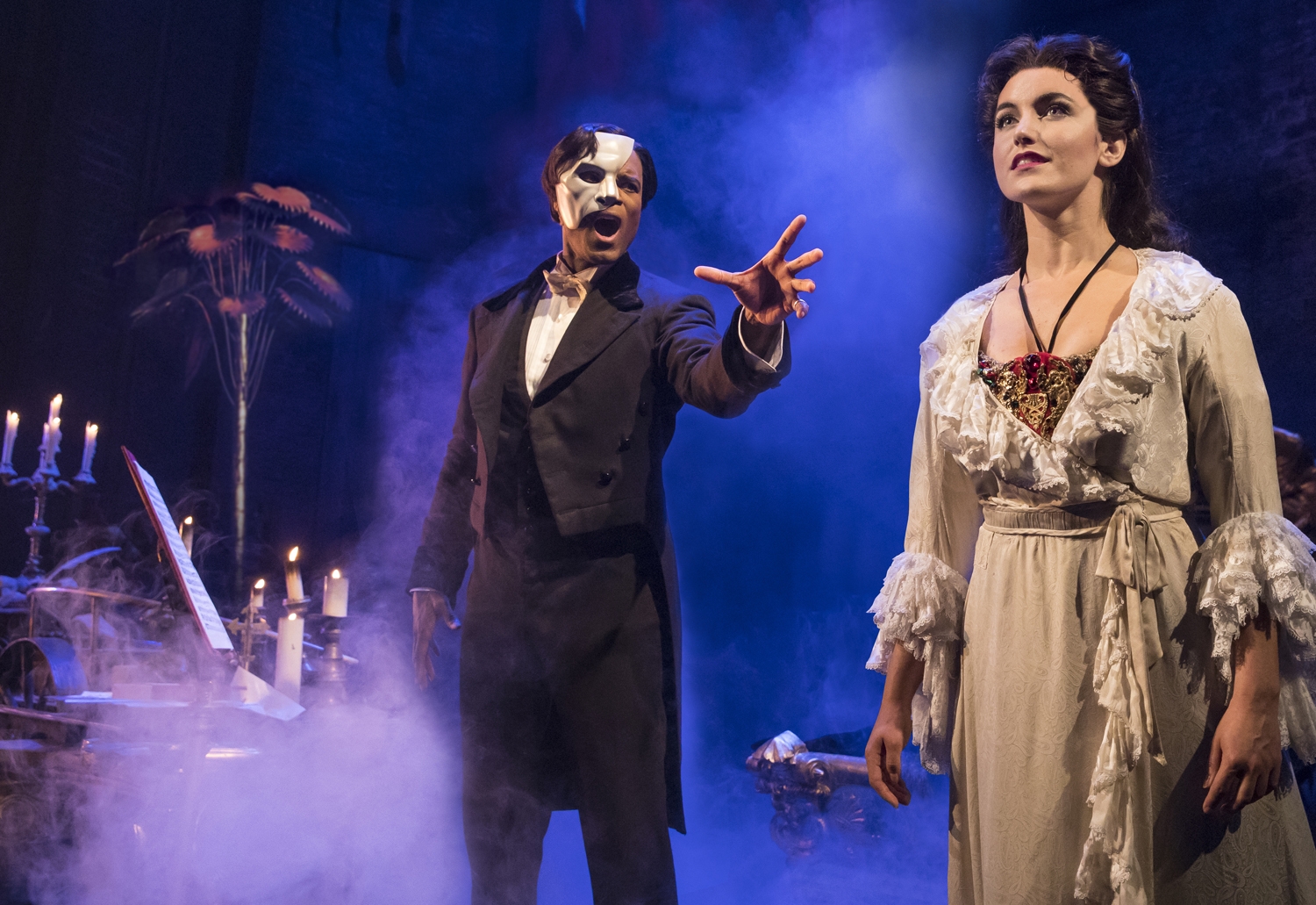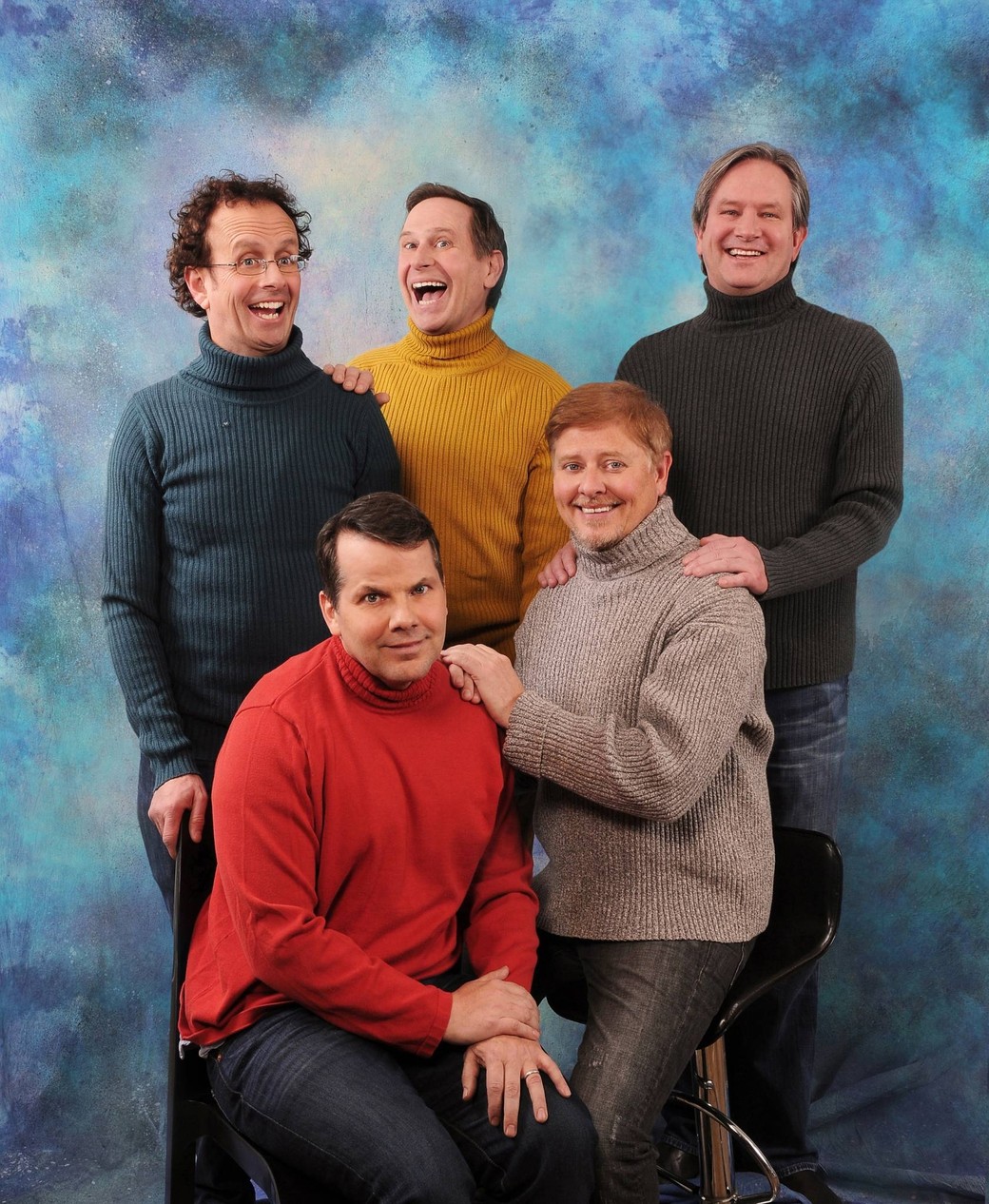
Black History Month’s 20th Anniversary Shines on Accomplishments and Challenges
All photos courtesy of Damira Davletyarova.
Kika Otiono smiles shyly while onstage. She is facing a full auditorium at the Black History Month kick-off event at Saint Paul University. Otiono is about to receive the 2016 Youth Builder Award for her leadership and work that makes Ottawa a more diverse community.
This February, Black History Month celebrates its 20th anniversary since it was first officially acknowledged in Canada. The month-long celebration marks achievements and contributions of black Canadians that have gone unsung. It also shines on a new generation of pioneers who make Canada a more diverse and inclusive nation.
Back onstage, Otiono’s long list of achievements is read. A twelfth-grader at Colonel By Secondary School, Otiono presides over a Canadian politics club and a Black History Month club. She is also a volunteer youth editor at Black Ottawa Scene – Ottawa’s monthly online black community publication.
“The award just means having community behind me, having people to support us, because youth needs to be supported,” Otiono says.
Black youth face many challenges, including lack of recognition of achievements and encouragement to continue.
“Awards get youth involved, so that more youth know that they are capable of doing anything they want, reaching the highest level of success, if they choose to work hard,” Otiono says.
The history of black Canadians is rich. They arrived to Canada as runaway slaves, black loyalists and skilled workers. Since the early 16th century, many black Canadians contributed to the nation’s growth and progress. In 2011, according to a Statistics Canada survey, there were 945,665 black Canadians living across the country.
That being said, Canadians know little about the history of black Canada.

“The history of Canada includes the history of people of African-American ancestry, but in textbooks, it’s often omitted,” says the president of the Black History Ottawa, June Girvan. “So, Black History Month is to present that history.”
Girvan has been a black rights advocate for over five decades, long enough that she says about herself: “I’m the movement.” She didn’t plan to be an advocate. Yet, when her children faced challenges in school, she turned into a ‘maternal activist’ – an activist for children’s rights.
Colonization, oppression and racism create abusive situations and compromise the lives of children, Girvan says. These are man-created differences that have to be acknowledged and reconciled.
“So, if I see you exhibiting anything that I consider racist – I have to check you, and if you see me – you have to check me. That’s a social contract we have to make with each other,” Girvan says.
During the event at Saint Paul University, many words have been spoken by Robert Dawney about Maritime legacy of black Canadians, while hockey historian Robert Dawson discusses the first black hockey team in Canada. Both stories carried struggle, racism and segregation, but they were also the stories of audacity to challenge and triumphs.

Canada Post has unveiled a special edition of a stamp that celebrates the centennial of the No. 2 Construction Battalion – the only all-black regiment to serve Canada in the First World War. Some men from the battalion joined combat units, while the rest worked to harvest and mill timber. Bravery of the black maroons and soldiers paved the way for black Canadians to freely enlist during the Second World War.
Otiono is not the only one who received the Community Builder Award. Among other recipients: Ottawa Centre MPP Yasir Naqvi, Elcho Stewart and Mariel Chartier for their support of Ottawa’s black community.
At the kickoff event, Otiono is called to receive a cheque for $5,000. Her essay on Mary-Anne Shadd Cury, a pioneer for black writers, won the RBC Black History Month Student Essays competition. Otiono hopes her awards will inspire other black children to do “amazing things” in their lives.
“We focus on a black community, but the event is important for all communities, because it recognizes our diverse heritage, our history, so all communities can see distinction among black and what we have done,” says Otiono. “It’s important so that we can recognize our strength and not just our struggle.”
Celebration of Black History Month is in full swing in Ottawa. Check out one of the events organized by black community.
There will be a film screening of a documentary Invisible City Thursday, February 25 at 7:00 p.m. in SAW Gallery. Directed by Hubert Davis, the film portrays the lives of black youth in a poverty-stricken Toronto public housing. The film received the Best Canadian Feature award at the 2009 Hot Docs festival. The evening will include a panel discussion.









